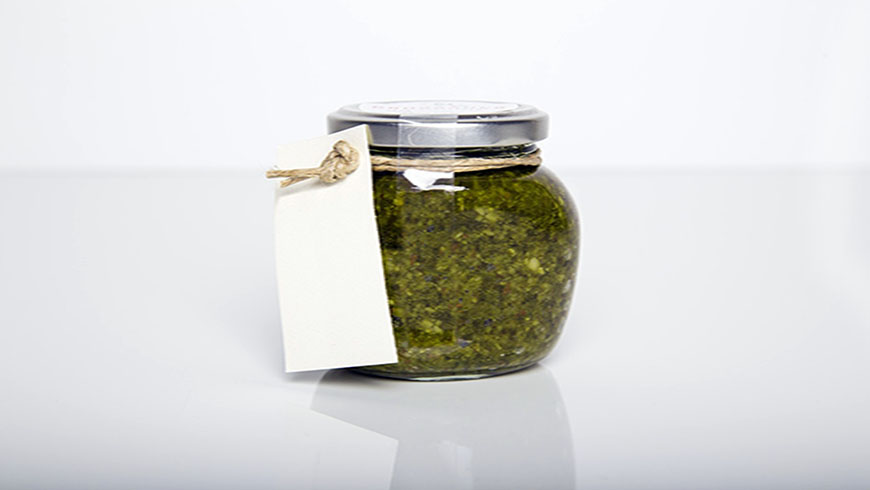
The European Commission faces fraudulent food
Due to the large volume of fraudulent food production and the concern of European consumers, the European Commission (EC) starts up a Knowledge Center on Food Fraud and Food Quality, managed by the Joint Research Center. The EC estimates that the economic cost of fraudulent food reaches up to 12 billion euros per year. Proof of this are the multiple cases of food fraud that have recently come to light on products such as olive oils, wines, honey, fish, dairy products, meats and poultry. This has caused the decrease in consumer confidence and the loss of reputation of various food companies. For this reason, as stated by Vĕra Jourová, Commissioner for Justice, Consumers and Gender Equality “the Commission takes the issue of food quality and unjustified differentiation very seriously, and has already taken concrete steps to make it front”.
There are many foods detected that are marketed under similar packaging and with a different composition. This is not only an unfair marketing action, but in many cases, a danger to the public health of European citizens.
Tibor Navracsics, Commissioner for Education, Culture, Youth and Sports, considers the constitution of this commission important as “it will contribute to protecting the integrity of the EU food chain and safeguarding the quality of food products, thus generating a clear added value for Europeans”. The tasks of the Center for Knowledge on Food Fraud and Food Quality to fight against fraudulent foods will be:
- coordinate market surveillance activities, for example, in terms of the composition and organoleptic properties of foods marketed under the same brand and packaged in different EU markets;
- have an early warning and information system on food fraud, for example, by monitoring the media and transmitting this information to the population;
- connect the information systems of the Member States and the Commission, such as databases with the composition of certain high-value agrifood products, such as wine or olive oil;
- generate country-specific knowledge, for example, indicating the skills and laboratory infrastructures of the Member States;
- support those who design EU policies and national authorities by facilitating access to updated scientific knowledge.
This is the fifth Knowledge Center launched by the Commission as a control body, after that of Bioeconomics, Territorial Policies, Migration and Demography and Disaster Risk Management. It will be fully funded by the EC.
It is made up of a network of experts inside and outside the Commission. The teams assigned for each task will prepare newsletters, interactive maps, databases and periodic reports and will make the information public.






